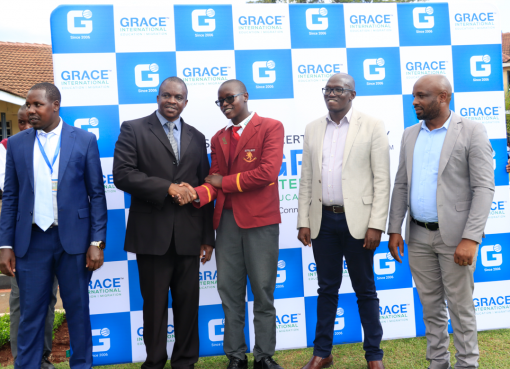The State Department for Social Protection has kicked off a mass validation exercise aimed at cleaning up its payroll.
While speaking in Garissa on Tuesday, Jane Muyanga, a Senior Officer from the department said that the purpose of the cleanup was to ensure all ineligible beneficiaries are removed from the payroll and only deserving cases benefit.
“We have realized there are people who are double registered. We came to the ground in order to understand why this is the case, ” Muyanga said.
“We have also realised that there are beneficiaries who have passed on and the same information has not reached us,” she added.
The officer noted that the most affected groups are the children and people living with disabilities.
She said some cases in North Eastern are related to religion because burial permits are not often sought.
Going forward, she said the department had developed a form where chiefs and their assistants will be designated registers of births and deaths.
Muyanga said at the end of the exercise, the department expects to plan for replacement and save money for new entrants.
The Garissa Deputy County Commissioner (DCC), Samuel Njuguna said the exercise had come at the right time, adding that more beneficiaries will be brought on board.
Njuguna said the government spends over Sh. 249 million to assist the beneficiaries who include vulnerable children, people living with disabilities and older persons.
The State department for Social Protection PS, Nelson Marwa last week released officers to the counties who will collect data and information on a case by case basis.
Last year, on 26th November, the State Department for Social Protection embarked on migration of legacy beneficiaries of the Consolidated Cash Transfer Programme (CCTP) from card-based payment model to account-based model using four contracted Payment Service Providers (SSPs).
Among the counties already covered are Kilifi, Mombasa, Taita Taveta, Kwale, Kiambu, Murang’a, Nairobi, Baringo, Nandi, Elgeyo Marakwet, Uasin Gishu, Migori, Siaya, Makueni and Kajiado.
By Kinyungu Kithendu


